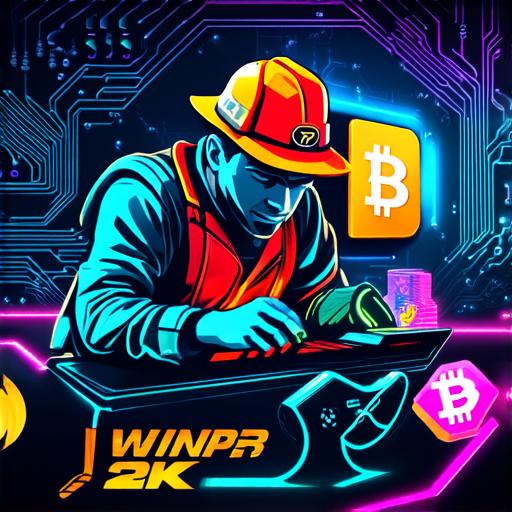Introduction

Blockchain technology has revolutionized various industries, and gaming is no exception. With blockchain’s ability to provide transparency, security, and immutability, it has opened up new possibilities for game development and monetization. In this article, we will explore what blockchain games are, how they work, and their benefits for players and developers alike.
What are Blockchain Games?
Blockchain games are games that use blockchain technology to create a decentralized gaming platform. They are built on top of a blockchain network, which enables secure, transparent, and decentralized game mechanics. Unlike traditional games, blockchain games do not rely on centralized servers or intermediaries to manage transactions and maintain the integrity of the game. Instead, they use smart contracts to automate game rules and enforce them on the blockchain.
Benefits of Blockchain Games for Players
Players benefit from blockchain games in several ways. Firstly, they have access to unique, one-of-a-kind assets that are created using blockchain technology. These assets can be traded and sold on digital marketplaces, providing players with a new way to monetize their gaming experience. Secondly, blockchain games provide players with greater control over their in-game assets. Players can decide who they want to trade with and what they are willing to offer, giving them more agency over their gaming experience. Finally, blockchain games provide players with a level of transparency that is not available in traditional games. All transactions on the blockchain are recorded and can be easily verified, providing players with a clear record of all their actions in the game.
Benefits of Blockchain Games for Developers
Developers also benefit from blockchain games in several ways. Firstly, they have access to new revenue streams through the sale of unique, one-of-a-kind assets. These assets can be sold on digital marketplaces, providing developers with a new way to monetize their game. Secondly, blockchain games provide developers with greater control over their game mechanics. Smart contracts enable developers to automate game rules and enforce them on the blockchain, reducing the need for centralized servers and intermediaries. Finally, blockchain games provide developers with a level of transparency that is not available in traditional games. All transactions on the blockchain are recorded and can be easily verified, providing developers with a clear record of all their actions in the game.
Case Studies: Examples of Successful Blockchain Games
<p
